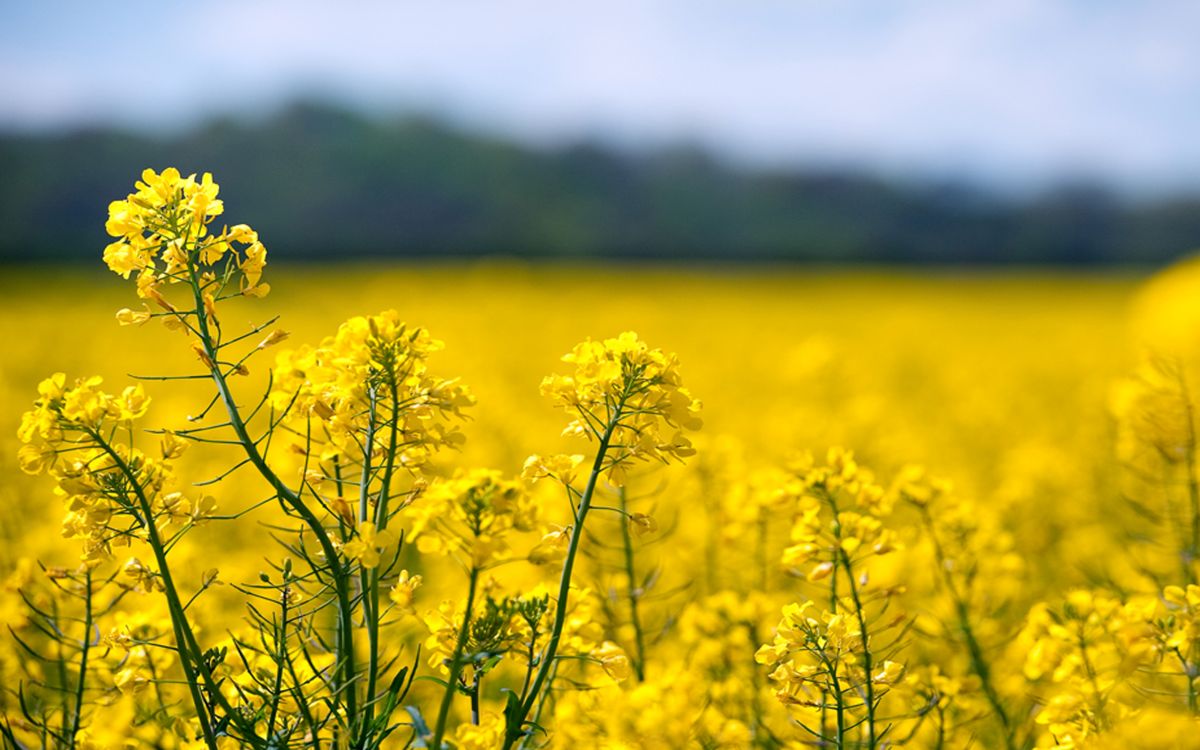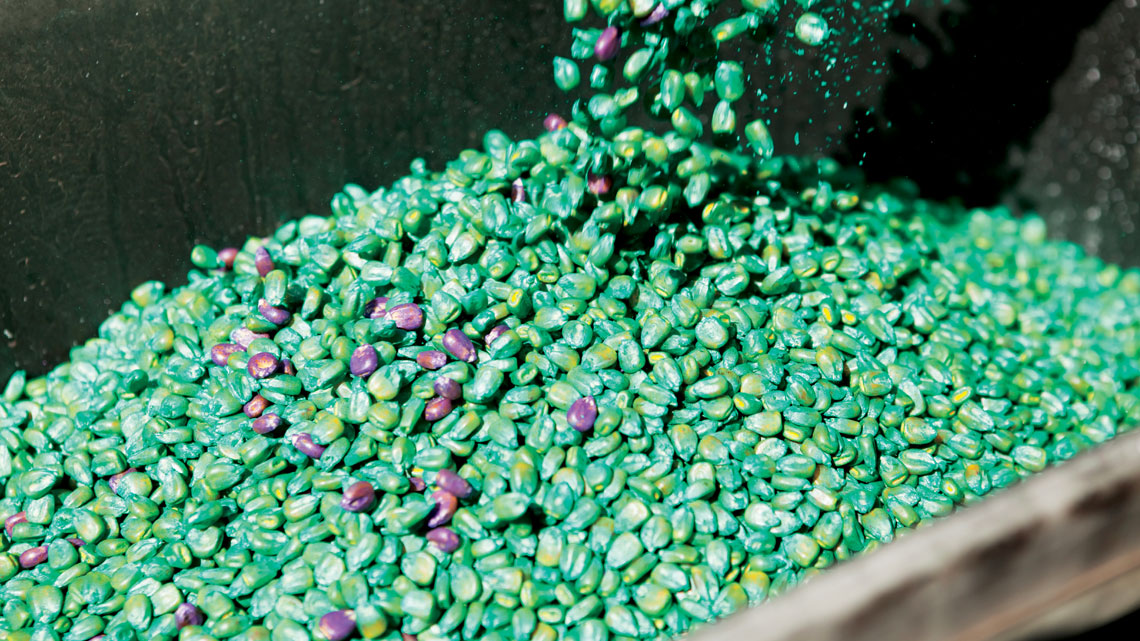
The National Farmers Union (NFU) has today announced that it has applied for emergency use of neonicotinoid seed treatments to alleviate insect pest pressure on a proportion of the English oilseed rape crop.
The NFU, for the third year running, has committed to bringing forward evidence explaining the case for a limited number of farmers to have access to the insecticide in a 'controlled way'.
This will be put to the Chemicals Regulation Division and a recommendation from the Expert Committee on Pesticides to Defra will follow to inform a final decision from them.
A recent survey of 400 arable farmers who all grow winter oilseed rape (OSR) reports that 8.3 per cent of the crop this year has failed.
The survey, carried out by the Kleffmann Group, also estimates that a huge 46,000ha has been written off due to the mass scale of oilseed rape crop failure this season.
'Some have abandoned the crop altogether'
NFU Vice President Guy Smith said: “With the numbers of flea beetles rapidly increasing and this pest pressure continuing to be a costly problem, farmers are changing their farming practices by adapting rotations to help them deal with the situation. Some farmers have abandoned the crop altogether.

“Neonicotinoid seed treatments work well when used as part of an integrated pest management approach, with other tools in the toolbox like crop rotations, drilling dates and pyrethroid sprays.
“This application recognises that, because of the neonicotinoid restrictions, pest numbers have increased in recent years to such an extent that there are now areas of the country where these seed treatments are less likely to be of benefit – areas where the pest pressure is so high that the risk of losing oilseed rape is too great and control with pyrethroids is compromised by increased pesticide resistance.
Over-reliance on pyrethroids
Mr Smith said over-reliance on pyrethroids, caused by the neonicotinoid restrictions, is 'exacerbating' this resistance problem.
He continued: “Highly targeted, highly controlled use of neonicotinoid seed treatment would help deliver significant benefits in controlling flea beetles and allow crops to establish and thrive. It is these areas, equating to 11% of the national crop, which we have targeted with this application.
“With the absence of neonicotinoids causing farmers to stop growing oilseed rape, bees and beekeepers also stand to lose out from restrictions as the area of this valuable food source for all bee declines.
“There is still no clear evidence showing that neonicotinoids, on crops like winter oilseed rape, cause widespread impacts on bee populations.”
'Ban should be strengthened'
Environmental group, Friends of the Earth, has called for the current ban to be 'strengthened', not weakened.
Friends of the Earth food and farming campaigner Sandra Bell said: “With mounting scientific evidence of the threat neonicotinoids pose to our bees, the current ban on these pesticides should be strengthened - not weakened.
“Neonicotinoids can also harm the insects farmers need for natural pest control. The NFU should concentrate on helping farmers to find effective alternatives to these harmful chemicals
“The UK Government must reject this application, to help safeguard our precious pollinators and send a clear signal that EU rules aimed at protecting our environment won’t be watered down post-Brexit.”
